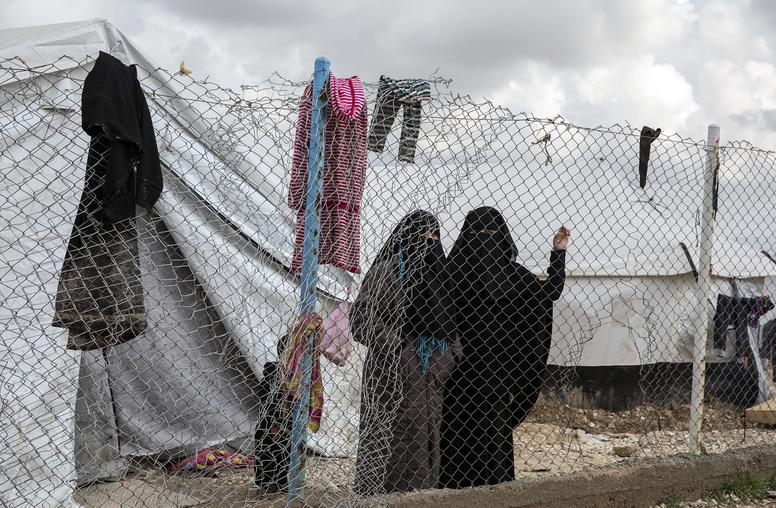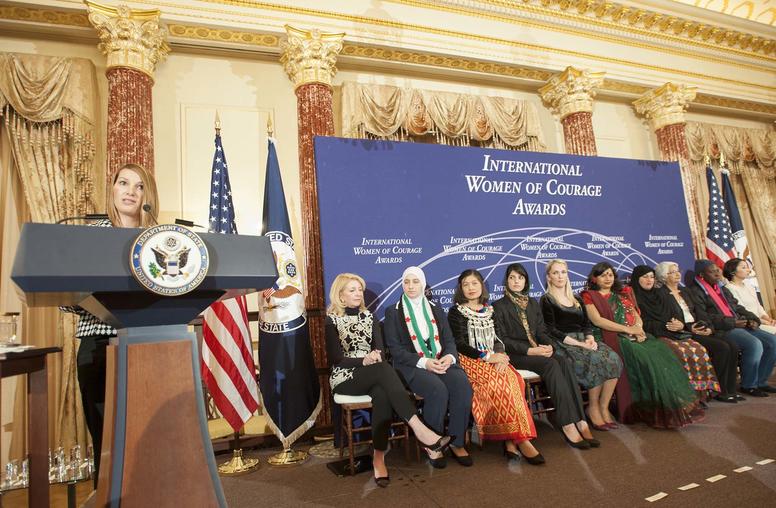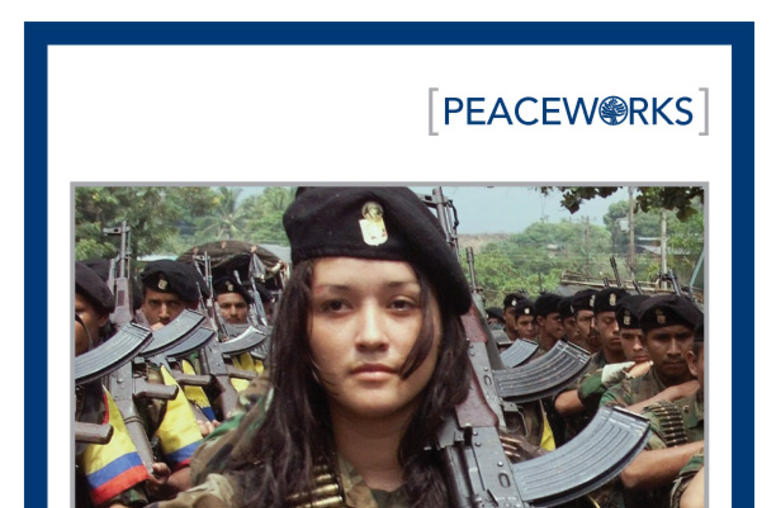Introduction to Gender and Peacebuilding
Violent conflict upends and often polarizes societies. It disrupts social structures, particularly the roles and expectations of women and men and the relationships between them. In fragile and conflict-affected environments, peacebuilding practitioners must address the drivers and consequences of violence. This is why it is important to integrate gender analysis early on in the project design stage.
Gender analysis can enhance any project’s design because it pinpoints both societal power imbalances and opportunities for structural transformation. The GIFT was developed as an accessible but thorough approach to gender-inclusive project design in peacebuilding.
This upstream gender analysis approach goes hand-in-hand with monitoring and evaluation and should be built into a project from its inception. The guide provides straightforward questions to begin the process.
Who Is This Guide For?
This quick reference tool is for those looking to integrate gender analysis into their projects and programs — whether they are experts on gender issues or not. While this guide is tailored to peacebuilding work, many of the concepts are highly relevant for the broader development field and other projects in fragile environments.
The GIFT Guide is available in eight languages:
Featured Resources



It's really useful to have one tool that can be used in all the various countries we're working. Having that shared language has helped build a community around gender analysis in our programming.














